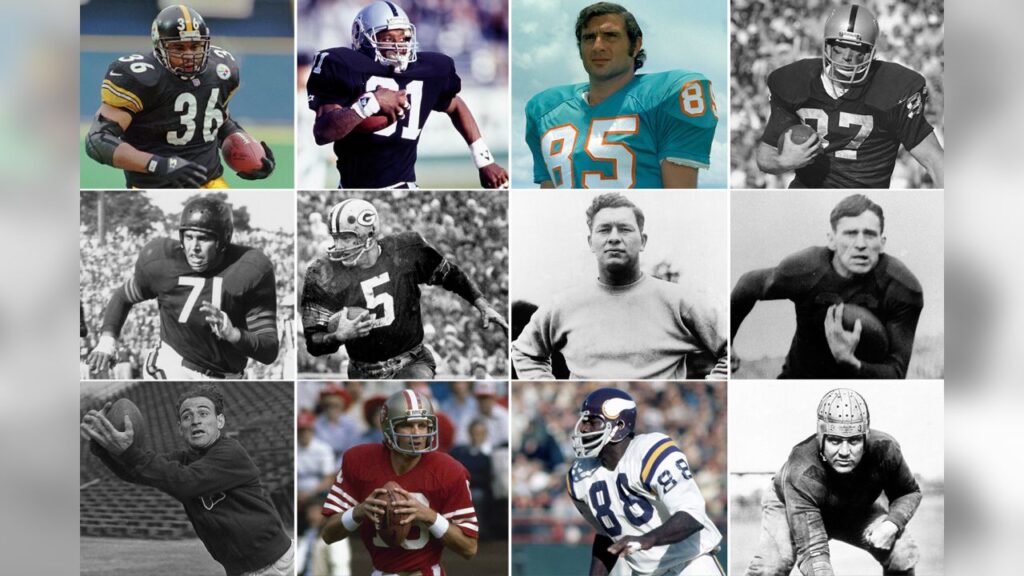Which College Majors Produce the Most Successful NFL Players by Position

Quarterback Intelligence Patterns – While many assume quarterbacks study generic majors, successful NFL quarterbacks often come from programs that spotlight analytical thinking. Engineering majors like Russell Wilson (Wisconsin) and Ryan Fitzpatrick (Harvard economics) demonstrate pattern recognition skills that translate to reading defenses. Business majors are common, but the most successful quarterbacks often have backgrounds in fields that require rapid data processing, such as economics, mathematics, or computer science.
The Offensive Line Academic Advantage – Offensive linemen show interesting academic clustering. Many successful NFL linemen studied engineering, architecture, or construction management – fields requiring spatial reasoning and understanding of structural integrity. The mental skills necessary to calculate blocking angles and protection schemes mirror the problem-solving skills essential in these technical majors.
Defensive Back Academic Profiles – Elite NFL defensive backs often studied psychology, communications, or criminal justice. The ability to read body language, anticipate behavior, and process multiple visual cues translates directly from academic coursework in human behavior studies. Some of the best cornerbacks studied disciplines requiring quick decision-making under pressure.
Running Back Academic Diversity – Successful NFL running backs show the most diverse academic backgrounds, but many studied fields requiring spatial awareness – geography, kinesiology, or even dance/theater. The ability to visualize field space and make split-second directional decisions correlates with academic disciplines emphasizing movement and spatial relationships.
The STEM Advantage in Modern NFL – Players with science, technology, engineering, and math backgrounds increasingly succeed in today’s data-driven NFL. Teams now value players who can quickly process statistical information, understand biomechanics, and adapt to technology-heavy training methods.
Business Major Longevity – Players who studied business, finance, or economics tend to have longer NFL careers, possibly due to better financial management skills and understanding of career planning. They also transition more successfully to post-playing careers in coaching or front office roles.
The GPA Factor -Academic performance within majors matters more than the major itself. Players with higher GPAs in any field tend to have more successful NFL careers, suggesting that discipline, time management, and intellectual consistency translate to professional football success.
Regional Academic Influences – Certain college programs produce NFL players with specific academic profiles. Stanford consistently produces technically-minded players, while SEC schools often graduate players with communications or sports management backgrounds who excel in leadership roles.
(Aspiring NFL Writer | Children’s Author | Chicago Bears Devotee in Chiefs Territory)
